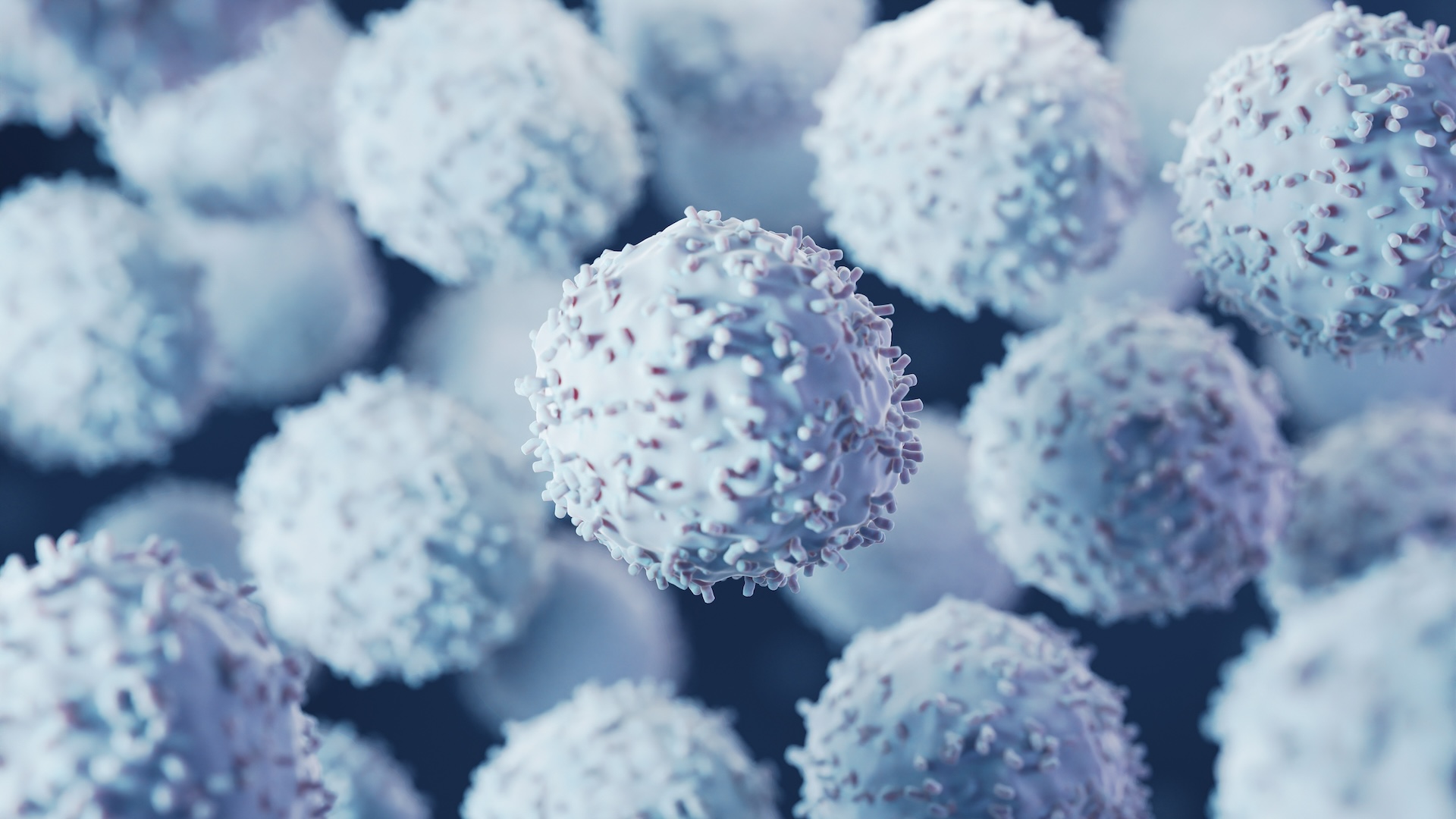
In an early-stage clinical trial, scientists used designer immune cells to "reboot" the immune systems of patients with various autoimmune diseases.
The trial used a form of chimeric antigen receptor (CAR) T cell therapy, which has become a mainstay treatment for blood cancers, like leukemia.
Only a few patients were included in this initial trial, and the trial was short — so it's too early to say whether this treatment works over the long term. But markers of disease in the patients' blood suggest the autoimmune processes had been shut down, at least for now.
If this therapy proves effective in larger, longer follow-up trials, it could change the way autoimmune diseases are treated.
"I think it will change the standard of care in lupus," said study co-author Dr. Georg Schett, vice president of research and head of the Department of Internal Medicine at Friedrich-Alexander University Erlangen-Nürnberg in Germany.
Related: In a 1st, scientists use designer immune cells to send an autoimmune disease into remission
Schett presented the trial's findings Sunday (Nov. 17) at the American College of Rheumatology meeting in Washington, D.C. The findings have not yet been peer-reviewed or published in a scientific journal.
Typically, lupus patients must take immune-suppressing treatments for life; by comparison, the new therapy requires only a single infusion. "If you have a single infusion and you don't need anything anymore, you're free," Schett told Live Science.
The trial was a "basket study," so named because patients with different conditions are tossed into one basket and all given the same treatment. In this case, the team treated 15 patients — 11 with severe lupus, three with systemic sclerosis and one with idiopathic inflammatory myopathies.
These autoimmune diseases have different symptoms, such as muscle weakness, thickened skin and kidney failure. However, all of them are caused by a subset of the body's B cells, a type of immune cell, going rogue and cranking out antibodies that target a person's tissue for destruction.
Normally, B cells work alongside T cells, which help call the B cells into action and can also kill cells directly. The most common type of CAR T cell therapy works by genetically tweaking a patient's T cells so they can spot and kill cancerous B cells more effectively.
In the new trial, the team gave each of the 15 patients with severe autoimmune disease one infusion of these designer immune cells. The CAR T cells then hunted and eliminated all of the body's B cells — both healthy ones and those driving autoimmune disease.
Seven days after this treatment, the designer cells had eliminated all of the B cells circulating in the patients' blood streams. By two months out, no B cells remained in any tissue, Schett said.
However, by three months after the infusion, the body had completely replenished the B cell population — and the B cells seemed to be healthy.
"It's like a reset button on a computer," Schett said. "You just take everything away, you shut it down, and then it reboots in a normal way and it doesn't have these [autoimmune] B cells anymore."
The trial was designed to test the safety of the new treatment, not how well it treats autoimmune disease. But "surrogate" markers of disease, such as the levels of tissue-targeting antibodies and T cells in the blood, appeared to be normalized.
In addition, all of the patients have been off their traditional treatments since their infusions — the longest for 11 months now.
One of the biggest worries with CAR T therapy used in cancer is "cytokine release syndrome," in which the body erupts into severe inflammation after treatment. That reaction did not seem to be a big issue here, the researchers reported.
As a follow-up, the team will evaluate the drug's efficacy in larger trials. They will also continue to follow these initial patients for longer periods, Schett said.







